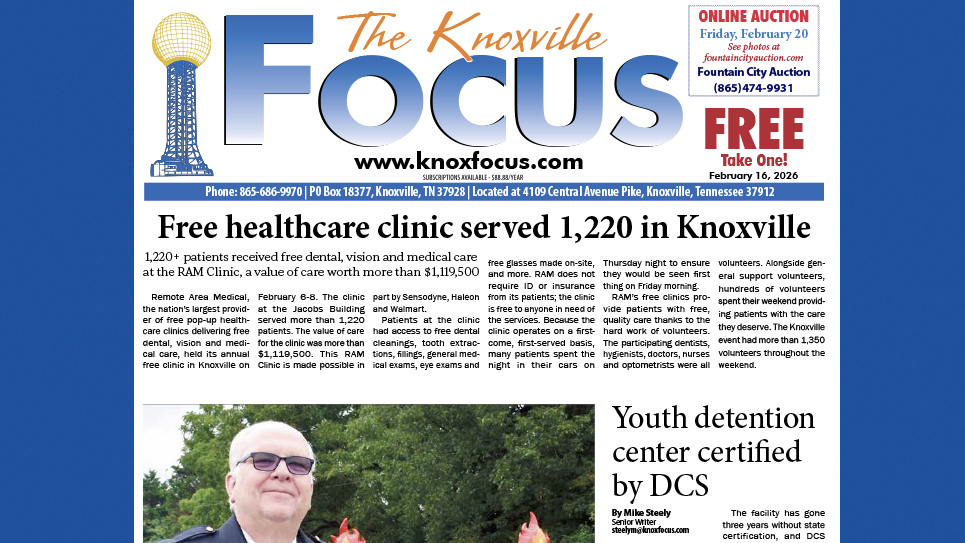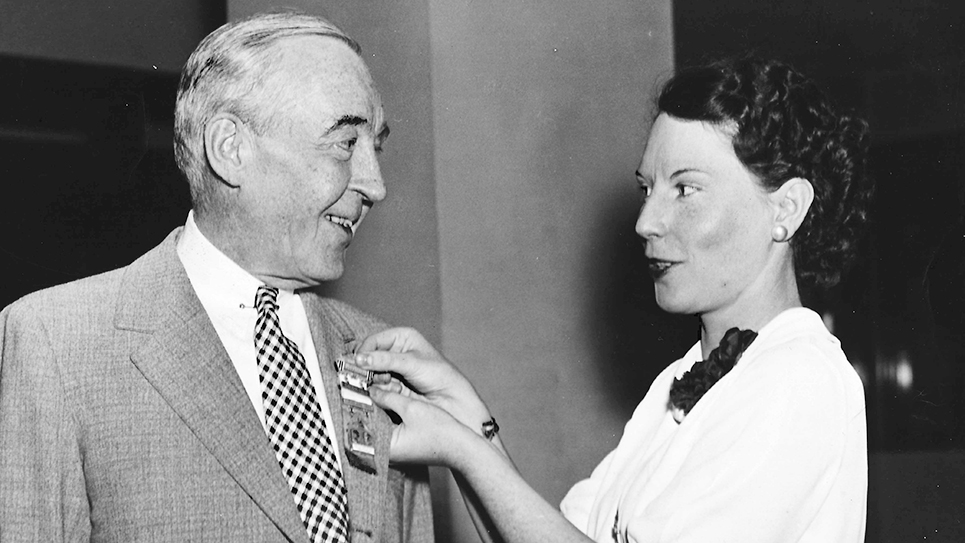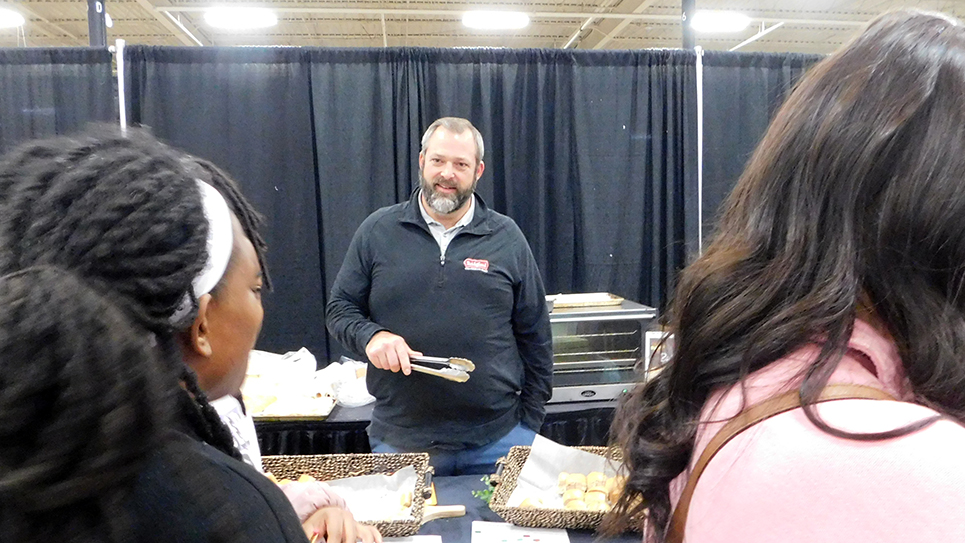Suppose I were nominated to be chairman of the Fed?
By Dr. Harold A. Black
blackh@knoxfocus.com
haroldblackphd.com
Not only would I not be nominated (I am too old and too independent), but the pay is lousy ($250,000), and though I once loved living in Washington, D.C., I would not at this point in my life. What would I do with my bass boat? My fifth wheel? My vehicles? My motorcycles and, most importantly, my guns? So, if nominated, I would not serve – unless I could do it virtually from Knoxville.
Far be it for me to give Donald Trump advice, but here goes. Much is being written about who he is going to choose to replace Powell as chairman of the Fed. The media seems to think it will be either Kevin Warsh or Kevin Hassett, chair of the National Economic Council. I have written why I think that Warsh will not be chosen – because he is not a yes man. He previously served on the Federal Reserve Board of Governors and is committed to Fed independence. I like him in that he wants the Fed to return to its pre-Bernanke roots, emphasizing monetary aggregates rather than interest rates. He would then run counter to Trump’s obsession with lowering interest rates. Since he would be a great choice, I doubt Trump will nominate him.
Then there is Kevin Hassett of the National Economic Council. Hassett has demonstrated “flexibility” of thought. At first, he was a defender of Jay Powell and Fed independence, but lately has flipped to the dark side, joining Trump in criticizing Powell. Hassett has a PhD in economics from Penn and was once on the faculty of Columbia. He has also been a staff economist at the Fed. However, this does not make him an expert on monetary economics. Rather, his interests were in tax policy.
Trump won’t be able to fire Powell and must wait until his term as chairman ends on May 15, 2026. But he doesn’t have to wait that long to put Powell’s successor in place. Board member Adriana Kugler’s term ends January 1, 2026. Trump could, and should, nominate whoever he wants as chairman to fill Kugler’s expiring term. When Powell leaves as chairman, he can then nominate that person as chairman. Mind you, whoever is nominated will have a bruising confirmation hearing rivaling that of a Supreme Court nominee. Warsh will be the more independent choice, while Hassett will be viewed as a political hack.
Regardless, I would be surprised that whoever is nominated (and it likely will not be either of these) will not chart their own course once in office, to the dismay of the president. Fed chairmen all take Fed independence seriously. I once served on a committee with the legendary Paul Volcker. One does not get more independent than that, but even he relied on the work of the staff economists at the Fed.
But the Fed could use some new thinking. Here is what I would do. First, I would staff new monetary economists to analyze and rebuild the Fed models, emphasizing monetary aggregates rather than interest rates. Second, I would encourage the president to nominate for future board positions economists of stature whose expertise is in the critical areas that the Fed studies, such as international economics. Third, I would place strong monetarists at the reserve banks, but have in their staffs deregulatory-minded people. Fourth, I would divide the Fed into two sections, one concerned solely with monetary policy and the second that would concentrate on regulation and examination of the banks. I would have two separate support staff to assist them. Although administrators love to increase their power, I would recommend that the regulatory body be spun off into a different agency or merged with the Comptroller of the Currency. Fifth, I would recommend that Congress purge the agency of the Consumer Financial Protection Bureau. It has no place within the Fed. Sixth, I would suggest that the secretary of the Treasury be an ex officio member of the Open Market Committee, and seventh, that the chairman of the Fed be an ex officio member of the president’s Cabinet. That way, the administration would have a voice, but not a veto, on Fed policy.
Finally, like the vast majority of my ideas, none of the above have the remotest chance of being enacted.






